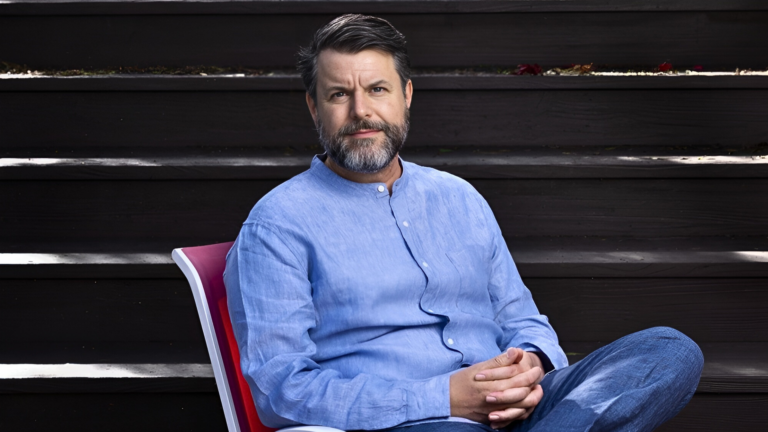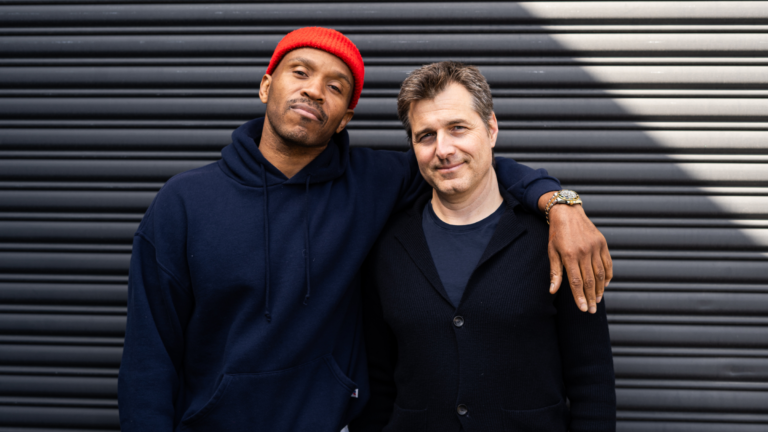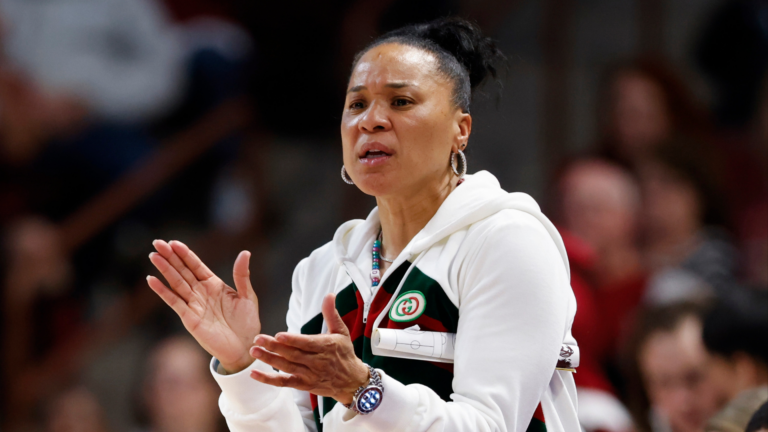This week’s conversation is with Anne Morriss and Frances Frei.
Anne has spent the last twenty years building and leading mission-driven enterprises, serving most recently as CEO and Co-Founder of GenePeeks, a computational genomics company developing breakthrough ways to identify genetic risk.
She has worked with entrepreneurs, companies and governments throughout the United States and Latin America on strategy, leadership and organizational change.
Frances is a Professor of Technology and Operations Management at Harvard Business School.
Her research investigates how leaders create the conditions for organizations and individuals to thrive by designing for excellence in strategy, operations, and culture.
Frances regularly advises senior executives embarking on large-scale change initiatives and organizational transformation, including embracing diversity and inclusion as a lever for improved performance.
She is considered a culture consultant – helped makeover Riot Games, Uber and WeWork when trust within those companies at a low.
So Anne and Frances both have unique perspectives and insight – that’s why I wanted to have them on together.
They share how to get the most out of individuals within an organization… to maximize potential and help each person flourish.
“The reason we’re in this space is because it’s this intersection of a performance mandate and a human mandate that I think really lights us up, both of us.”
In This Episode:
Anne on her ideal work setting
I work out within the structure of a loving marriage. It’s contained thoughtfully, but I do definitely value agency, the ability to define my life on my terms, to pursue the things I want to pursue. I get very restless inside big organizations, it was never a good fit. I’m not great at reporting to other people. It fits with the life we live now. I have reported to a board before, there were highlights and lowlights. I have had many bosses. At this point in our lives, one thing I value quite a bit is we get to go and do the work… you and I together get to go and do the work we want to do and write about it and talk about it and that is something I value incredibly highly.
Anne defining agency
I think about it in probably blunt terms, in the sense that I control everything I do at any minute of the day, on my own terms. Everything I do is a choice. I mean, it’s an interesting question around adulthood and obligation and responsibility and what do all those things mean, and those are big and heavy words. I feel very lucky that I’m in a marriage that feels like I’m opting into it every day because I want to be there, because I love my wife, I love who I am in the context of her and I love who we are together and the life we get to build. We have two wonderful sons together and everyday I get to opt into being their mom and creating a context where they get to thrive and learning who they are, and every day I get more information about that. So those things may not always feel like choices, but it is a way that I measure meaning in my life, and a successful life and that they feel like choices.
Frances on inclusion
So inclusion is a four step progressive process. The first one is despite any difference that you and I bring to the table, we feel physically and emotionally safe, despite any difference we bring to the table we feel welcome. Because of our unique contributions we feel celebrated, and we’re celebrated in enough nooks and crannies in the organization that we feel of the organization and cherished. So the inclusion dial goes safe, welcome, celebrated, cherished. And here’s the beautiful thing is that when I am feeling cherished in any aspect of, say my work at the Harvard Business School, my obligation is to look out for those that are not yet feeling safe and welcome and be super proactive. But if there is a moment when I’m not feeling safe or welcome, say because I’m queer or something like that, it’s not my obligation to look out for inclusion. So a lot of people say diversity, then inclusion, we would say just the opposite. We’ve seen so many organizations that were diverse and not inclusive and they just got on a diversity treadmill, but we’ve seen almost no organizations that were inclusive and didn’t attract incredible diversity. So what we would define as inclusion first and diversity will magnificently and majestically follow.
Anne on the “Love Matrix”
One of the frameworks we use that we call the love matrix, which is actually where human beings are most likely to thrive and most likely to improve at the fastest rate is in a context of high standards and deep devotion. In fact, the way, what we’ve observed in the business space that people assume that it’s essentially one or the other. And if I’m going to raise the standards then I have to dial back my revelation of commitment to this other human being, and if I’m going to reveal my commitment to this human being then I’ve got to lower the standards. And where people perform best and where leadership has the highest impact is when we’re able to get into that upper right of both standards and devotion simultaneously. So the data are super clear on this, that’s where performance happens. Safety, meaning that I am psychologically and emotionally safe when I show up into the workplace is one part of that devotion piece. And there’s no excellence in its absence. That’s what Google found out. In fact, it is, again, highly correlated performance, excellence and psychological safety.
Anne and Francis on the relationship between inclusion and performance
The reason we’re in this space is because it’s this intersection of a performance mandate and a human mandate that I think really lights us up, both of us. The beautiful thing about the inclusion conversation is both of those, at this moment in world history, are completely aligned. It is a huge opportunity for an uptick in performance in organizations, because in most organizations you’re only getting somewhere between 20 and 50% of the human beings who show up to help you solve problems. And the path to getting higher is the path through safe welcome, celebrated and cherished. Because we’re not just talking about whoever feels culturally marginalized feel safe, welcome, celebrated and cherished. We’re going for everyone. The unit of analysis we care most about is the individual.
Frances on Trust
Trust is actually three components, so we refer to it as a trust triangle because of the three. I’m likely to earn your trust if you believe it’s the real me with rigorous logic and that I’m centered on you. So trust consists of authenticity, logic and empathy. All three simultaneously. When you have all three of those cooking you will earn our trust. When you aren’t earning our trust, you can always diagnose it back to authenticity or logic or empathy, and the prescriptions for overcoming it and rebuilding it are different. So we really need the careful diagnosis. Works for individuals and for organizations.


